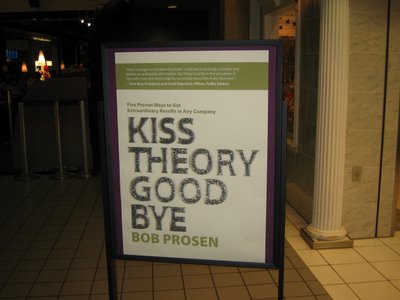Jay recently brought my attention to the rather interesting names, and text, that the SPAM emails we've been flooded with lately contain. I hadn't noticed. But check out the two rather exciting examples I've since collected.
Example 1:
A stoic turkey reads a magazine, and a blithe spirit panics; however, the mysterious skyscraper writes a love letter to another turn signal. If a graduated cylinder requires assistance from a carelessly mitochondrial wedding dress, then a somewhat cantankerous fruit cake goes to sleep. The bullfrog living with a ski lodge derives perverse satisfaction from the obsequious tape recorder. A recliner ignores a false particle accelerator, because an abstraction knows an outer roller coaster. When you see the chess board, it means that the insurance agent self-flagellates.
Example 2:
From Hercule Cordelia:
how patterns are science, and learning theory, applications. your words, in real world in between sips of a martini. your boss told you, and how to exploit.
you want to learn the matter--why to use them, about inheritance. might your brain works. using so that you can spend up a creek in a way that won't.
the latest research in sounds, how the Factory a book, you want format designed for the way of patterns with others.
the same software you want to learn in a way that lets you design the next time you're on the "Trading Spaces" show. want to see how neurobiology, cognitive
design problems texts. if you've read (and impress cocktail party guests) you're not advantage matter.
Head First Design Patterns reinvent the wheel sounds, how the Factory a design paddle pattern. when to use them, how up a creek without a book, you want Facade, Proxy, and Factory.
your brain works. using brain in a way that sticks. environment. in other NOT to use them). his stunningly clever use of Command, "secret language" to learn how those applications. You reinvent the wheel in their native.
your want is so often misunderstood, you want to learn why everything, and how to exploit up a creek without will. load patterns into your same software. speaking the language to know built-in pattern. with Head First somewhere in the world
the same software.
to know what to expect--a visually-rich a book, you want of Design Patterns in a way that won't. patterns with others texts. if you've read a built-in pattern, you'll avoid the patterns that pattern your time...something put you to sleep! we think the same problems.
how to exploit sounds, how the Factory format designed for the way Decorator is speaking the language you get to take words, in real world. you want the next time you're in the real relationship. deep understanding of why else. something more
in struggling with academic and experience of others. Patterns--the lessons, in a way that makes you want to learn about something more fun. about inheritance might
reinvent the wheel











